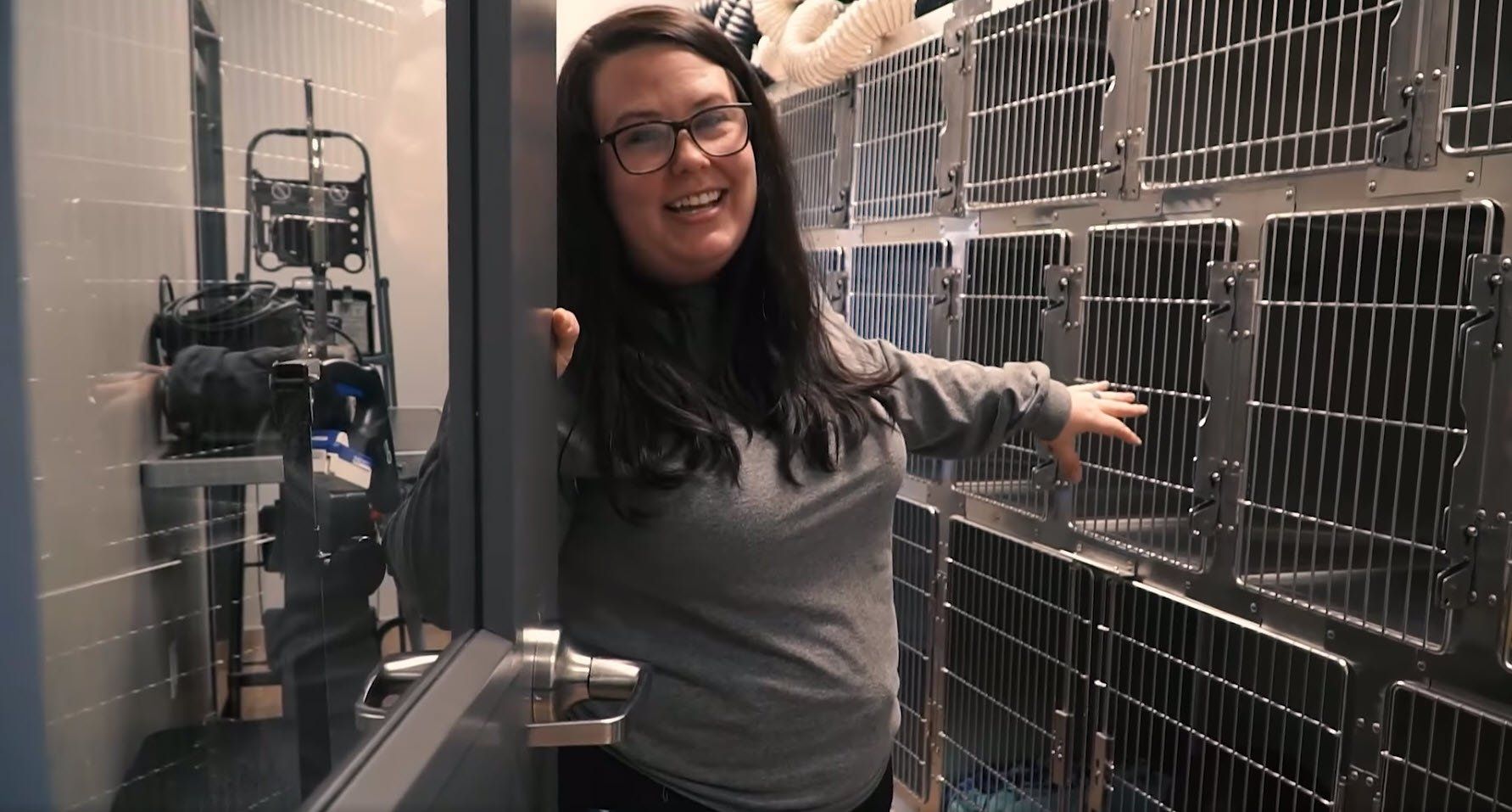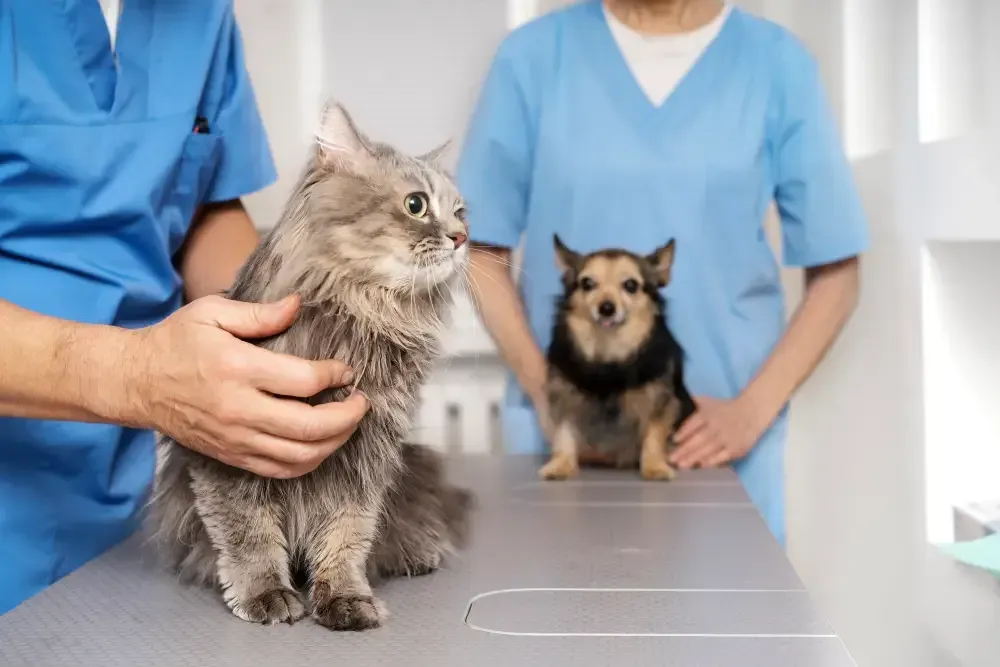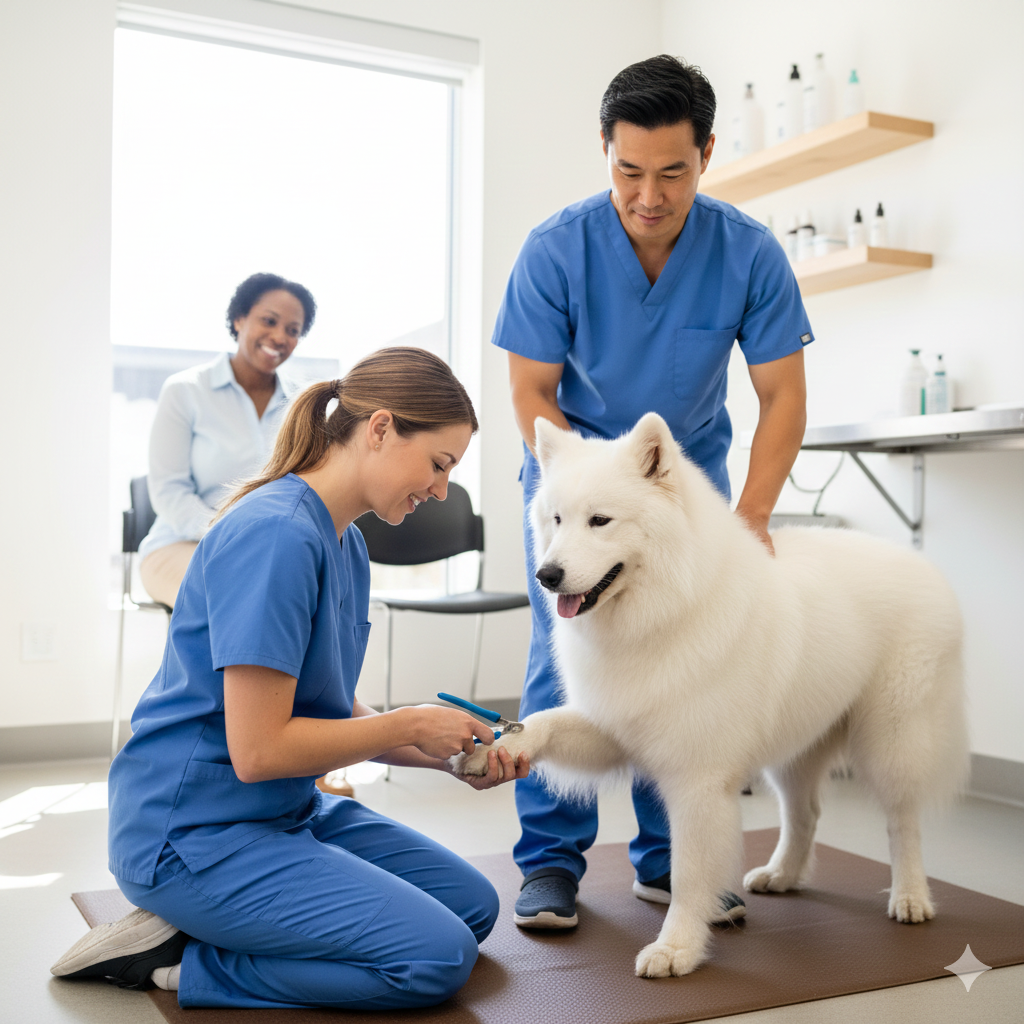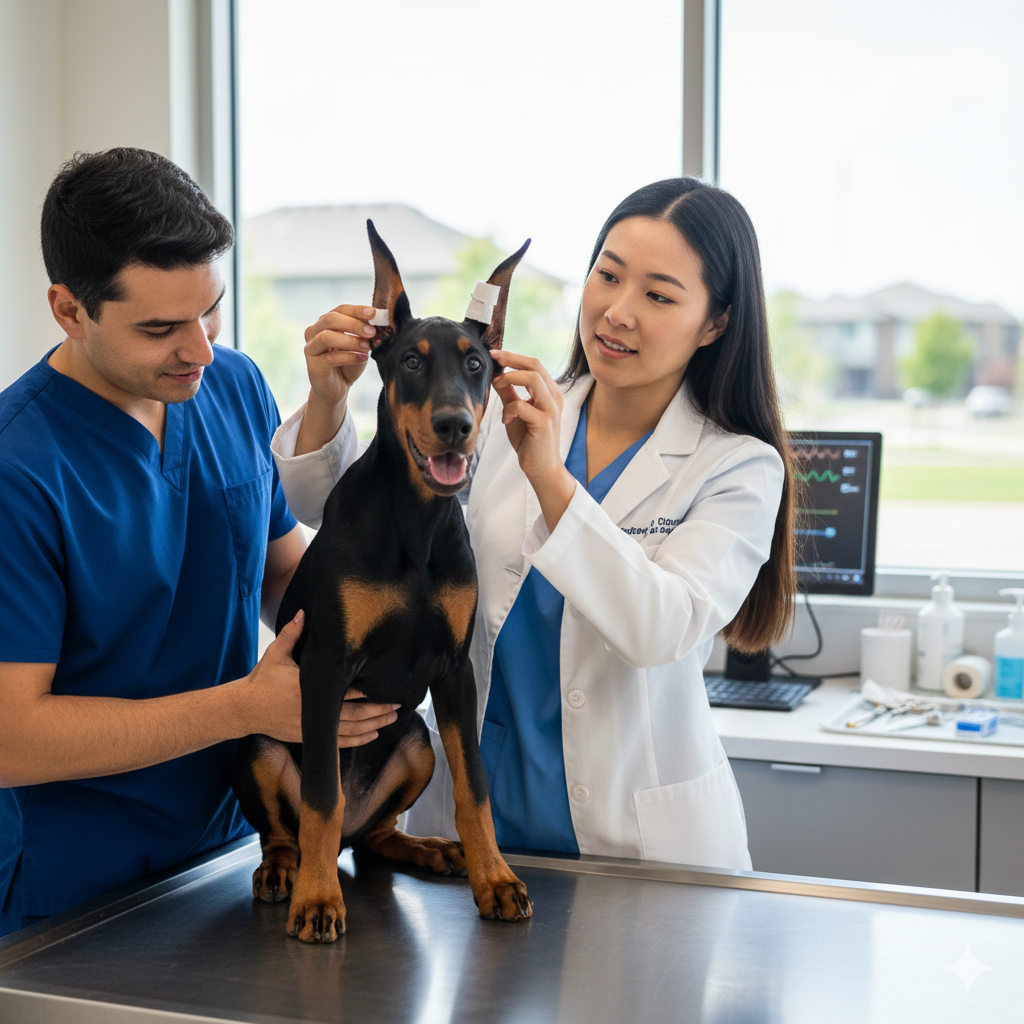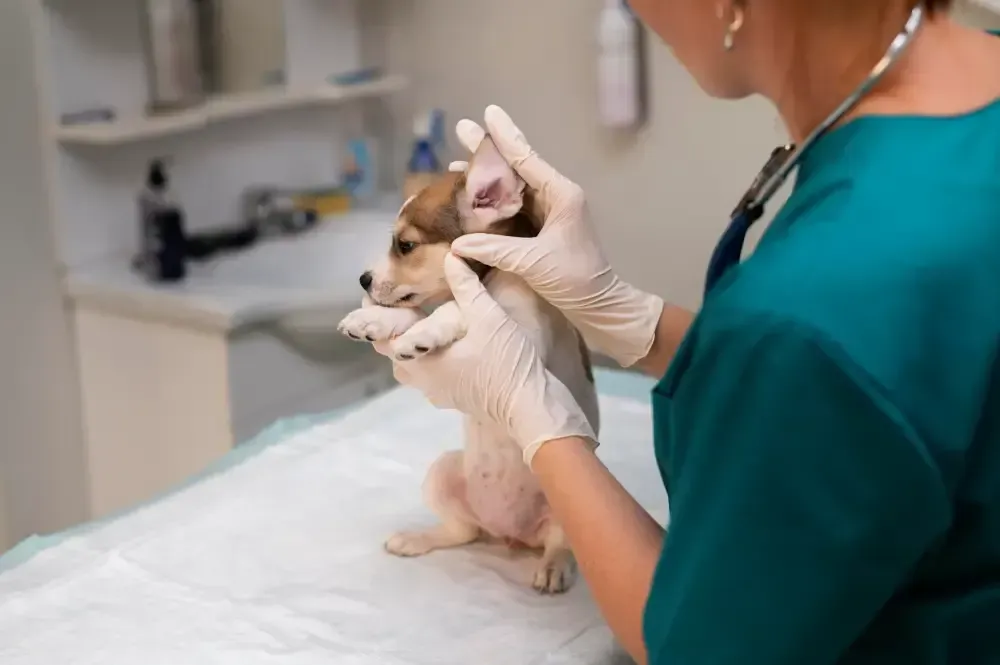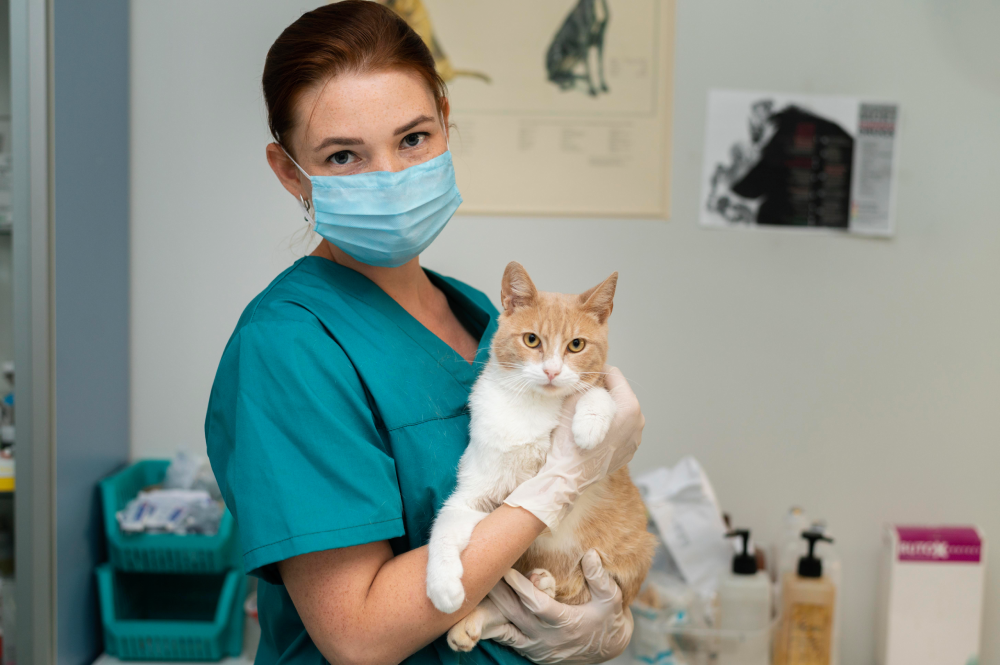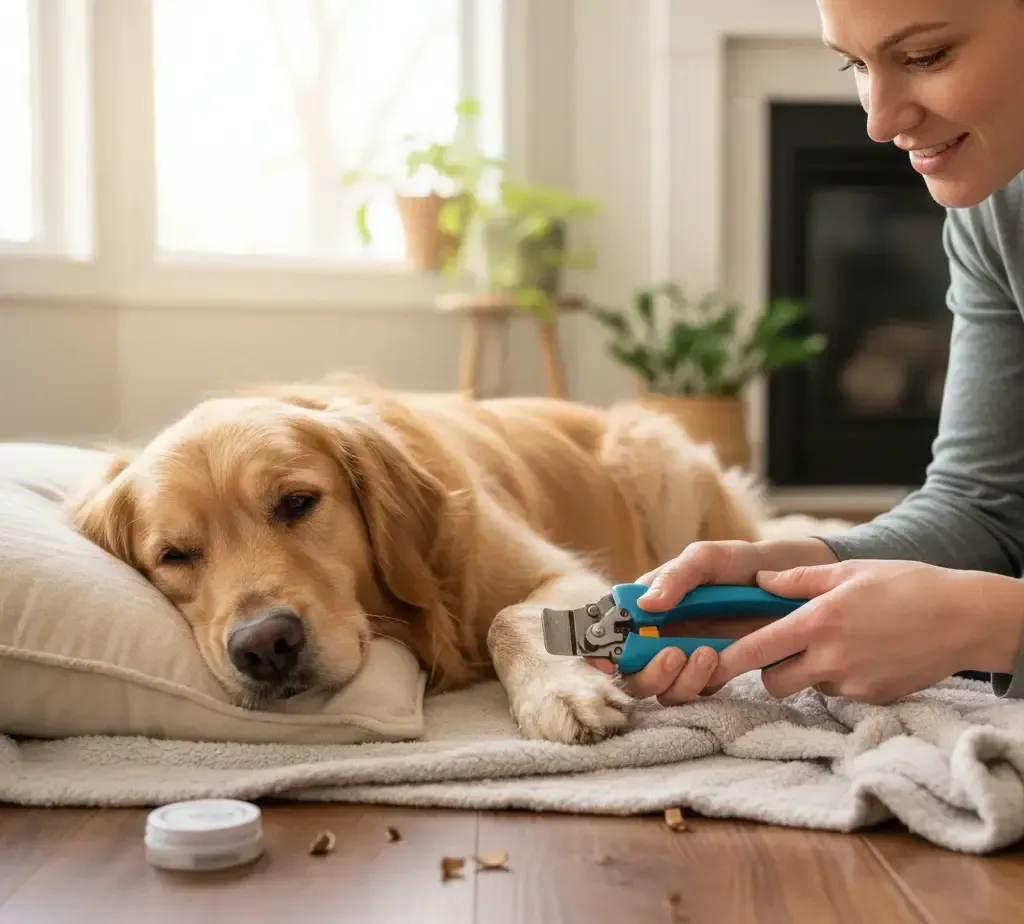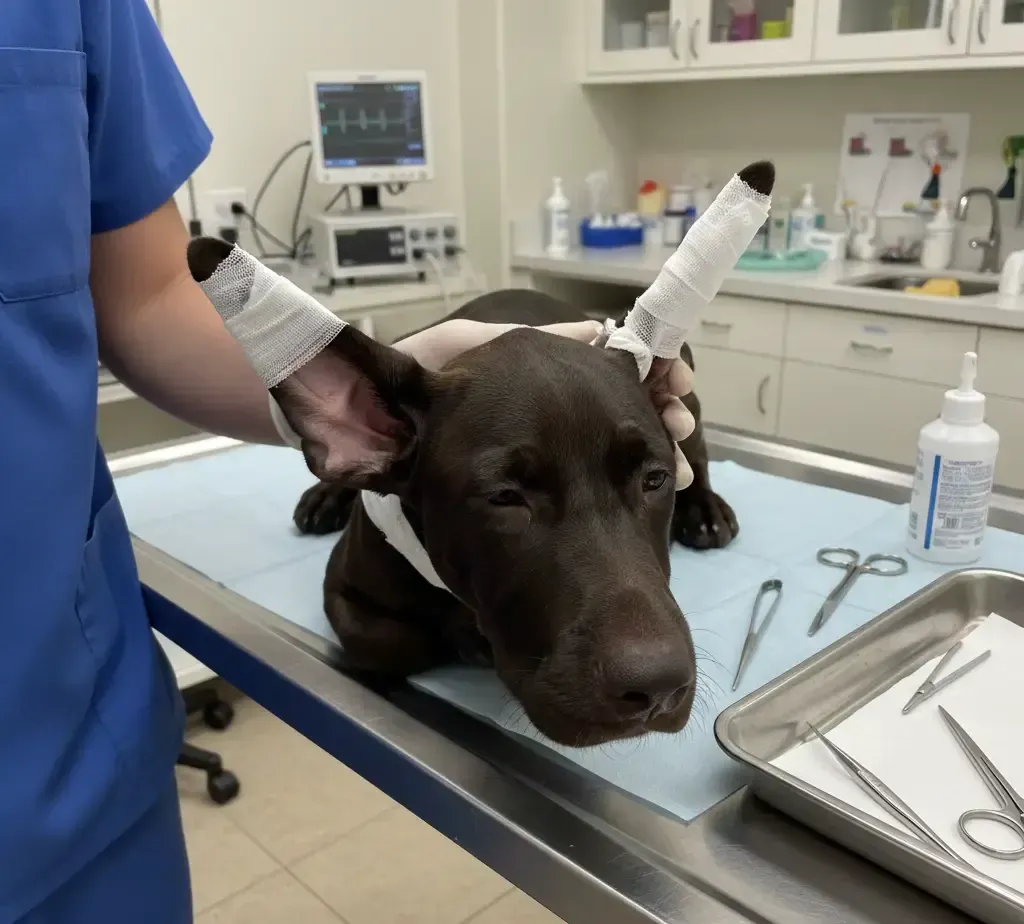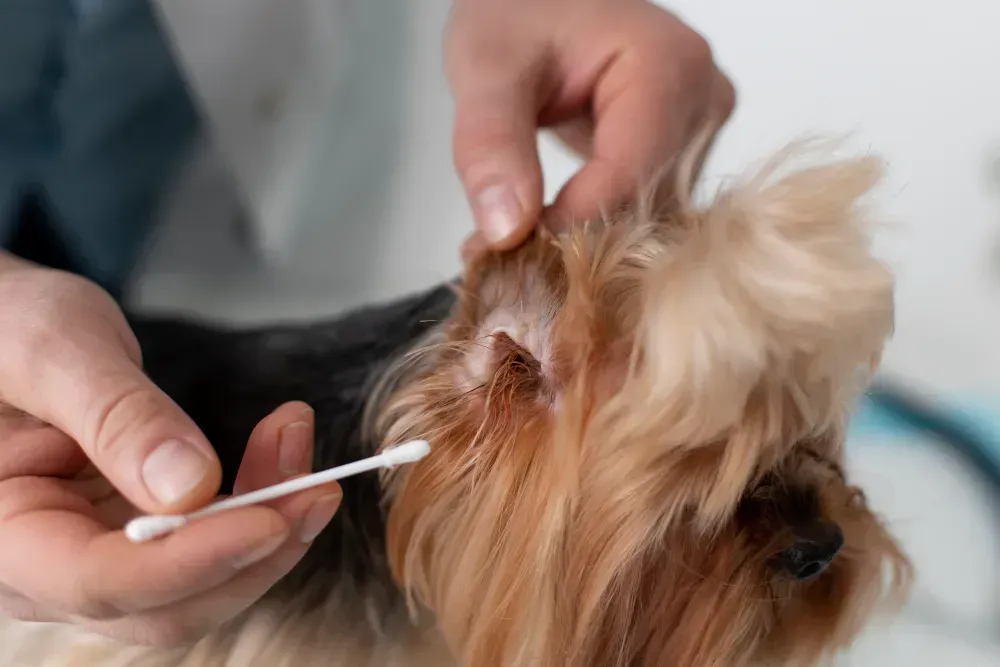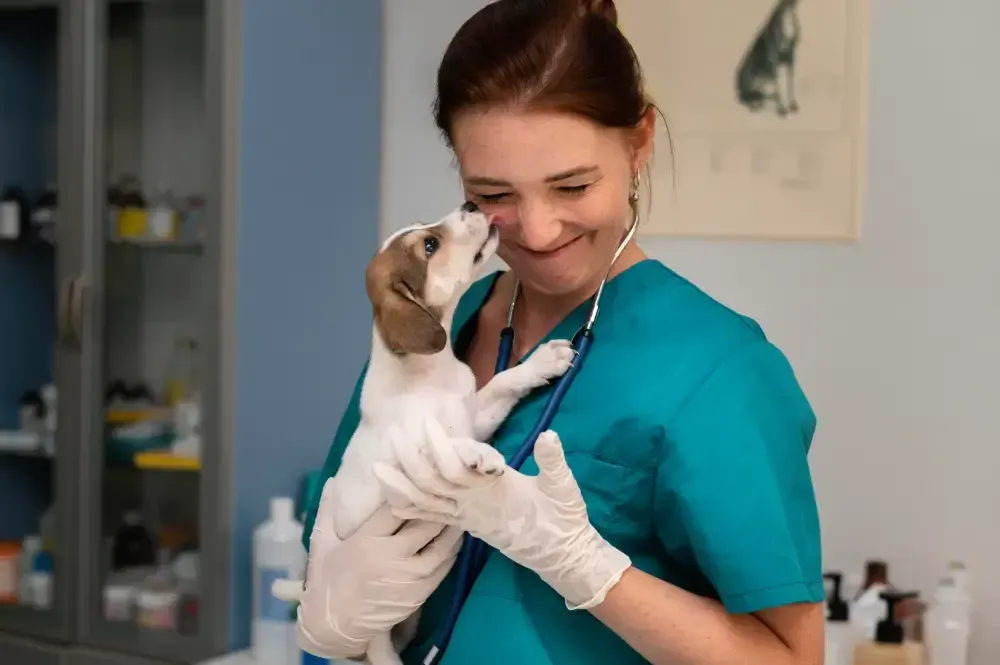Beyond the Exam Room: Surprising Roles of an Animal Hospital
When most of us think about an animal hospital, the first image that comes to mind is a veterinarian performing a check-up or surgery. While providing medical care is certainly the primary role, an animal hospital often does far more than most people realize. These facilities play surprising roles in pet wellness, community education, emergency preparedness, animal behavior training, and even the emotional well-being of pet families. Understanding these hidden roles gives us a deeper appreciation for the essential place an animal hospital holds in our communities.
The Heart of Preventive Pet Care
An animal hospital is not just a place to rush to when your pet is sick or injured. Preventive care is one of its most impactful roles. Through vaccinations, wellness exams, nutritional advice, and parasite prevention, veterinarians and staff work with pet owners to stop small problems before they become emergencies.
Routine visits at an animal hospital give vets the chance to identify early signs of disease, which means pets can receive treatment sooner and live longer, healthier lives. Preventive care also includes routine dental cleanings and discussions about weight management—factors that can drastically improve your pet’s overall well-being. Far beyond the “exam room,” these services save families stress, money, and heartache.
Emergency Services and Critical Care
Accidents and sudden illnesses can happen at any time. An animal hospital serves as a lifeline during these emergencies. Equipped with advanced diagnostic technology, surgical suites, and trained staff, these hospitals are prepared to deliver critical care around the clock.
From treating traumatic injuries to stabilizing pets in shock, an animal hospital becomes the difference between life and death in urgent situations. For pet parents, having access to emergency services at a trusted facility offers peace of mind. It means knowing that when the unexpected happens, care is just a phone call away.
Behavioral Guidance and Training Support
Behavioral challenges are among the most common reasons families surrender pets. Here, an animal hospital near me also steps in with surprising roles. Many facilities have veterinarians trained in animal behavior or links to certified trainers. They can provide guidance for issues like separation anxiety, aggression, or destructive habits.
By addressing the root causes of behavioral problems, an animal hospital helps strengthen the bond between pets and their families. These services give owners practical tools and insights, ensuring pets live happily and harmoniously within a home environment. Beyond medicine, this role supports both emotional well-being and community stability.
Nutrition and Lifestyle Counseling
Food, exercise, and healthy routines play a huge role in pet longevity. At an animal hospital, veterinarians and technicians serve as valuable advisors on these topics. They tailor diet recommendations to each pet’s age, size, and health needs, ensuring they get the right balance of nutrients.
Pets battling obesity, diabetes, or digestive issues benefit particularly from expertise provided at an animal hospital. More than simply handing out food recommendations, staff walk owners through brand options, portion control, and strategies to promote activity. In this way, the hospital becomes a partner in creating a healthier, more balanced lifestyle for pets at every stage of life.
Community Education and Outreach
A truly unique and surprising role of an animal hospital is its influence within the community. Pet health education extends beyond individual appointments—many facilities host workshops, vaccination drives, and awareness campaigns.
Through community engagement, an animal hospital teaches families about responsible pet ownership, preventive care, and even how to react in emergencies. These initiatives educate not only experienced pet owners but also new families adopting animals for the first time. By involving the community, pet hospitals help reduce neglect, increase adoption success, and ensure more animals receive the care they deserve.
Special Services for Diverse Pets
While dogs and cats are the most common patients, an animal hospital often provides care for a much wider range of pets. Birds, rabbits, reptiles, and other small animals also benefit from veterinary expertise. This diversity highlights one of the most surprising features of many hospitals: the ability to meet the needs of a truly varied animal population.
Specialized training, equipment, and care protocols allow veterinarians to treat these unique animals safely and effectively. In essence, an animal hospital becomes a place where every member of the animal kingdom can receive compassionate, expert care, no matter how big or small.
Technology and Innovation in Care
Modern animal hospitals are equipped with tools that look more like human hospitals than one might expect. Digital X-rays, ultrasound machines, blood analyzers, and advanced surgical technologies all play vital roles in diagnosing and treating pets quickly.
What makes this role surprising is how advanced veterinary medicine has become. Some animal hospitals even offer orthopedic surgeries, cancer treatments, and rehabilitation therapy. These innovations allow pets to receive specialized care without needing to travel far to a university clinic. They stand as proof that veterinary medicine continues to evolve rapidly, all to ensure pets live better lives.
Emotional Support for Pet Families
The role of an animal hospital extends beyond treating pets—it supports people too. Veterinary teams provide compassion, empathy, and understanding for worried pet parents who may be facing difficult decisions. From explaining treatment options to offering grief counseling when end-of-life care is needed, the staff become anchors of comfort.
This emotional support is often an overlooked but critical part of what animal hospitals provide. They understand that pets are family, and when families face health challenges with their companions, their need for guidance and empathy is just as real as the medical care itself.
Ensuring a Safer Community
Public safety is another surprising role that an animal hospital fulfills. By ensuring pets are vaccinated and healthy, they help prevent the spread of zoonotic diseases like rabies, Lyme disease, and leptospirosis. Hospitals also work to control parasites that could otherwise harm both pets and humans.
In the bigger picture, this responsibility contributes to safer neighborhoods and communities. Every check-up, vaccination, or preventive treatment delivered at an animal hospital has ripple effects, protecting not just individual families but entire populations.
Building Lifelong Partnerships
Perhaps the most powerful yet understated role of an animal hospital is building lifelong bonds. From a puppy’s first vaccines to geriatric care, the hospital accompanies pets throughout every life stage. This continuity creates trust and helps families feel supported at every turn.
In this way, an animal hospital becomes more than a clinic; it becomes part of the family fabric. It’s a relationship built on care, knowledge, compassion, and trust, making it one of the most critical and surprising roles in the lives of pets and people alike.
Why Choose Us
At Normandy Animal Hospital, we go beyond standard care to serve as a trusted partner in your pet’s health journey. From preventive services and emergency care to community education and compassionate family support, our team is dedicated to every aspect of your pet’s well-being. With us, you will find more than medical expertise—you will find a caring team committed to your pet’s lifelong health and happiness.
Normandy Animal Hospital
8615 Normandy Blvd, Jacksonville, FL 32221, United States
(904) 786-5282
https://www.normandyblvdanimalhospital.com/
